I wasn’t handed success on a platter: Mohsin Abbas Haider
‘Na Maloom Afraad’ actor talks rise to stardom, career struggles and more
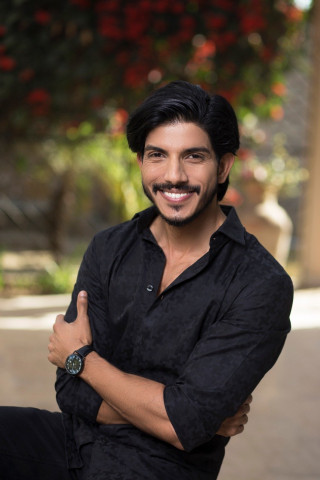
PHOTO: DAUD MALIK
From singing on Coke Studio to blockbuster films such as Na Maloom Afraad (NMA) under his belt, there is not gainsaying that he has managed to climb up the ladder quite rapidly.
One of the busiest stars in the industry today, the star talks to The Express Tribune about his personal and professional life, the struggles of kicking off his career in his late teens and what has kept him grounded.
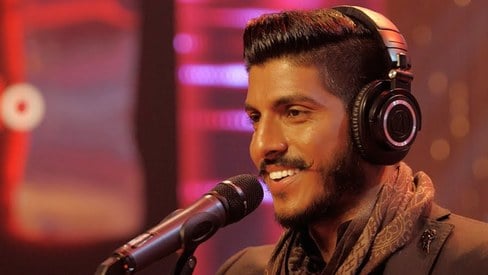 PHOTO: DAUD MALIK
PHOTO: DAUD MALIKThe Express Tribune (ET): You lost your daughter when she was just a year old. Does a tragedy such as this affect an artist differently?
Mohsin Abbas Haider (MH): I think so. I feel tragedy affects an artist differently and more deeply than other people. We internalise grief and handle misfortune in unconventional and unusual ways. An artist goes through more stages of grief than others and each stage lasts a very long time.
A true artist tends to be highly sensitive. He may be an actor, a circus worker, a construction worker or someone from another profession but he takes great pride in his work and treats it with utmost respect. The connection between and him and his work is deeply personal, very passionate and immensely intimate. It is his mind set and not his vocation that makes him an artist.
ET: What are the stages of grief for an artist?
MH: Shock, denial, pain, guilt, anger, rationalising, depression, loneliness, reflection, reconstruction and acceptance. A lot of people go through a subset of these stages but an artist experiences all of them and more.
His emotional and intellectual makeup requires a lot of reflection, analysis and examination. I’m not saying that the sadness of artists is more important than that of other people but it is just very different. Strangely, it is also very rewarding.
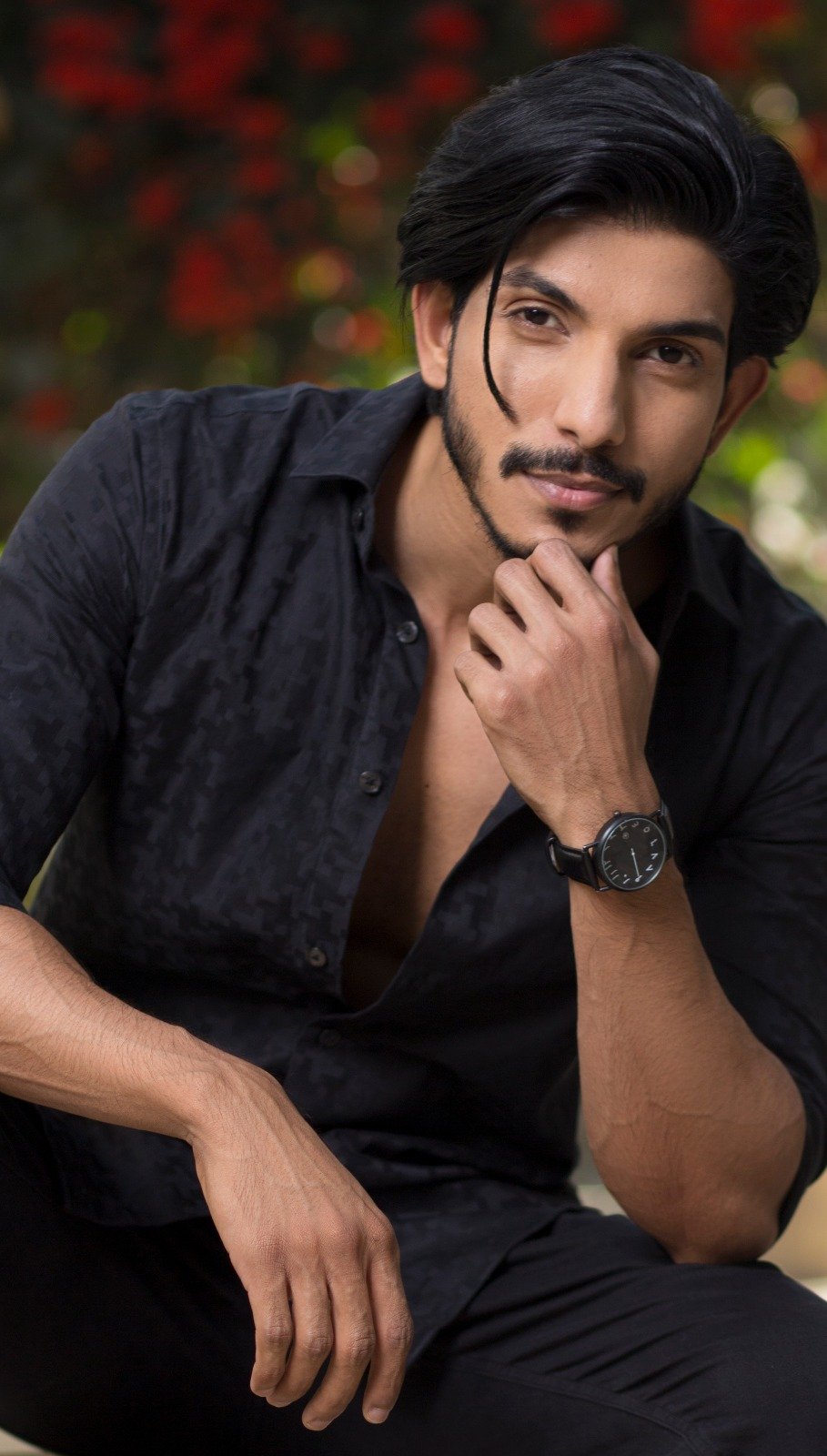 PHOTO: DAUD MALIK
PHOTO: DAUD MALIKET: The world of show business is full of gossip, some innocent and some decidedly malicious. How do you deal with it?
MH: I do not participate in gossip and disengage myself from conversations that have a high quotient of chatter. When I am working, I stay focused on my work and leave the set or my place of work as soon as I am done.
There really is no time in my day for gossip. And when I hear stories that are spread about me, I just ignore them. I find gossiping deplorable and truly pathetic.
ET: There have been many rumours about your marital troubles, divorce and remarriage. Would you like to set the record straight?
MH: Yes, let me do that. I have had one marriage in my life and that is enough for me. My wife, Fatima Mohsin and I have been together since we got married. The salacious stories about my marriage that have appeared in the press were categorically false.
Sadly, they were spread by an irresponsible but very senior journalist who chose to write them without ever bothering to confirm their veracity.
ET: You have tried out so many different occupations. What do you enjoy the most out of them?
MH: I was a theatre actor before I became anything else. Acting was my first love and I enjoy it more than anything else. Writing poetry and singing come right after acting; they give me immense pleasure.
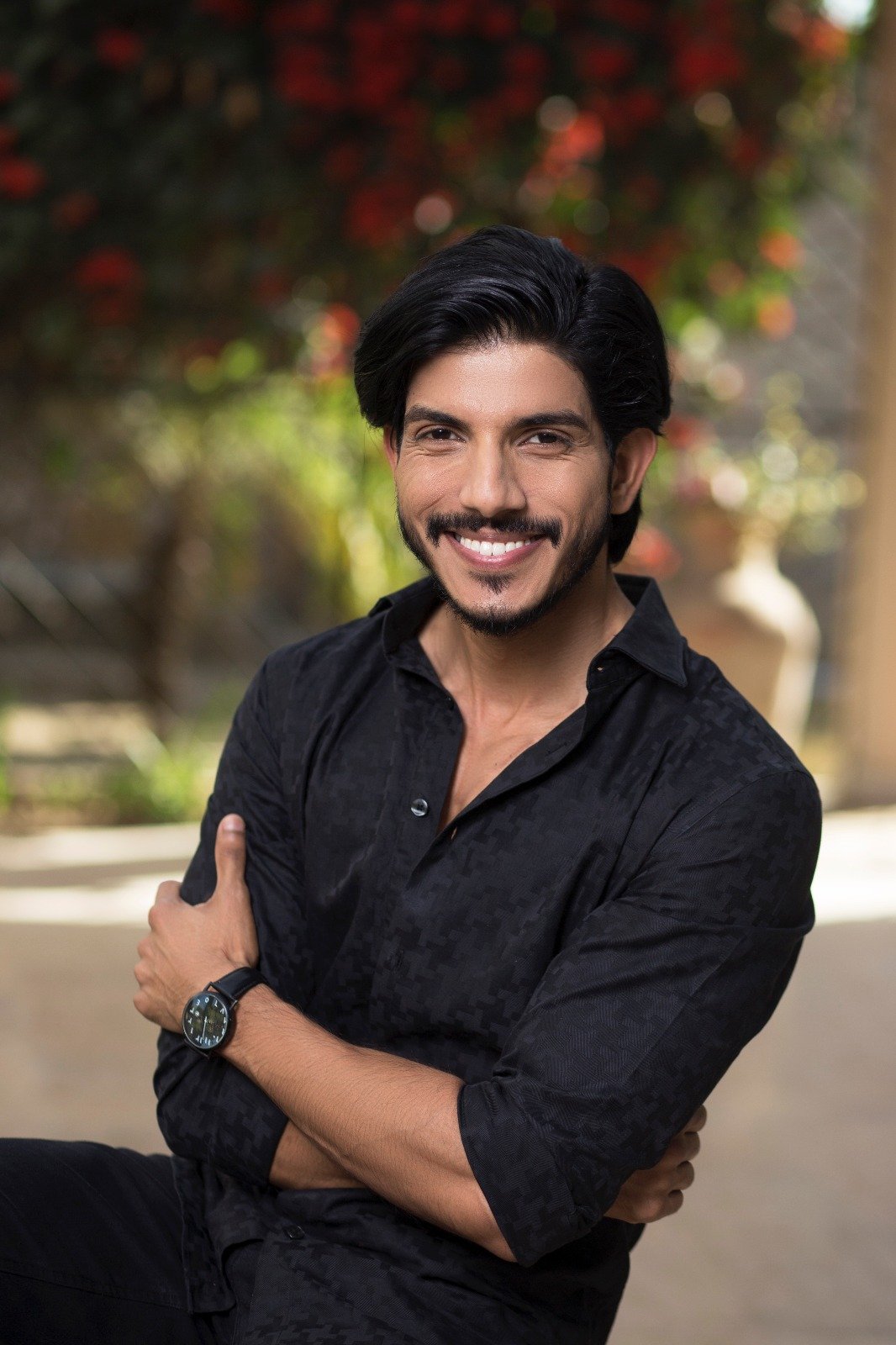 PHOTO: DAUD MALIK
PHOTO: DAUD MALIKET: Do you ever worry about overexposure?
MH: Yes, at times, I do. I appear thrice a week on TV in Mazaaq Raat, in addition to doing films, TV serials, concerts, stage shows and commercials. That is a lot.
People often tell me that the overexposure may hurt my career and lower my value as an artist. That causes me to worry but not a lot. I have faith in God. I will only do work that I am destined to do – no more and no less.
ET: You have acted both in films and on TV. How are the two different for actors?
MH: TV allows actors to become a part of people’s lives for longer periods of time than cinema. The relationship between an actor and television viewers develops over time and is rather personal. The connection with filmgoers is more intense but short-lived. It is, therefore, easier to have a greater impact as an actor on TV than in films.
ET: You have a live band on ‘Mazaaq Raat’ but often lip sync to pre-recorded songs. Why don’t you always perform live on the show?
MH: I have a preference for singing live and always open the show with a live performance. Songs that are performed during the show are recorded live as well. The only song that is recorded in a studio is the last one in the show.It is usually a more complex song that requires careful balancing, mixing and editing which is difficult to accomplish on the sets of Mazaaq Raat.
Left to me and with adequate recording and editing facilities, I would sing that song live as well. I love the raw energy of live music. And I love to be able to innovate and interpret a song while performing it.
I must add that lip syncing is not necessarily wrong. But, it is bad when done to make a singer sound better than he really is. All the guests who have sung with me on the show – Abida Parveen, Humeira Channa, Rahat Fateh Ali Khan, Sanam Marvi and Tahira Syed – have performed live with the house band.
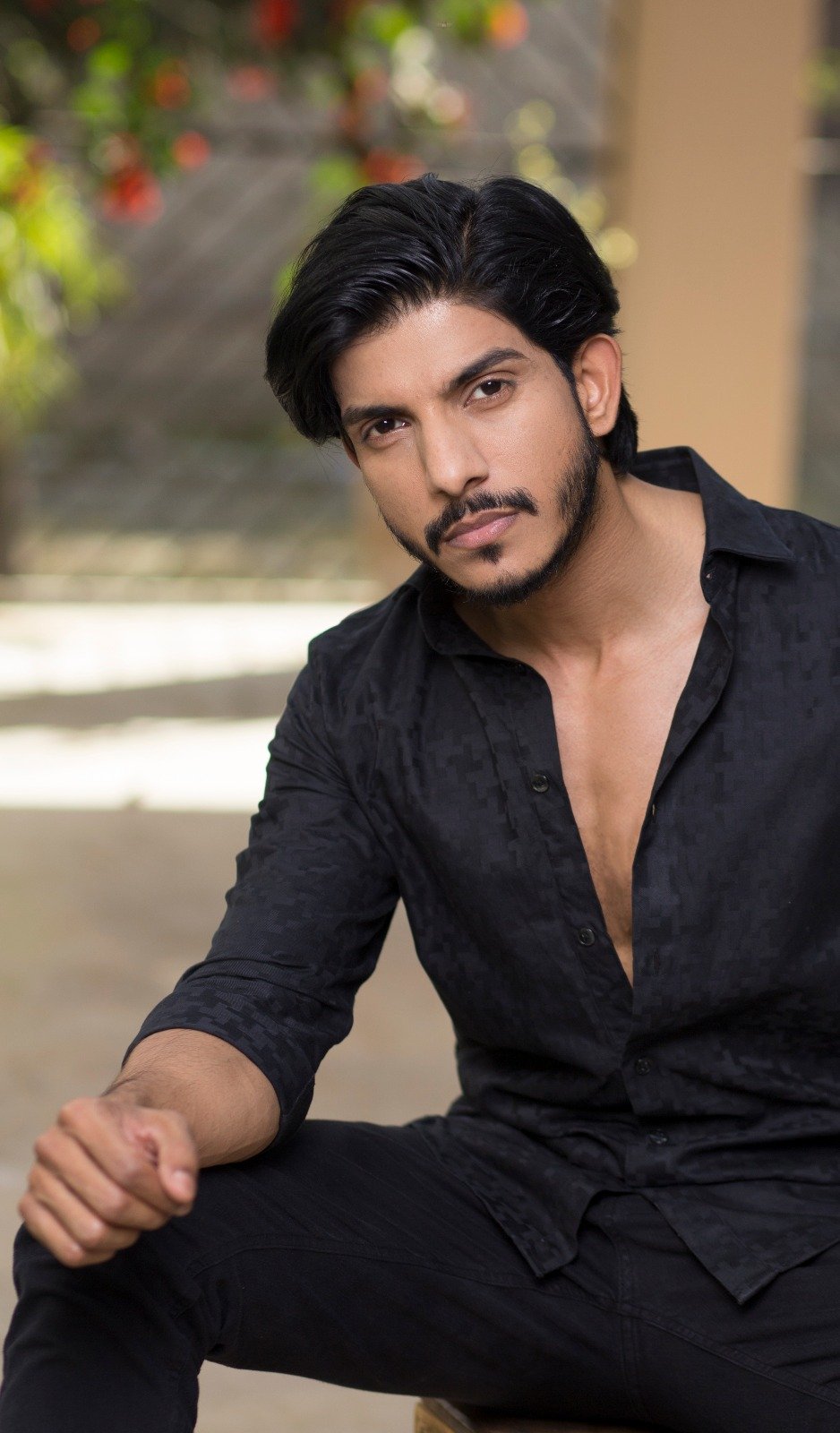 PHOTO: DAUD MALIK
PHOTO: DAUD MALIKET: You studied music at the National Academy of Performing Arts (NAPA). Did you enjoy your time at the institution?
MH: I loved it. I was an RJ in Lyallpur and so, moving to Karachi to study at NAPA was one of the best decisions of my life. My teachers at NAPA encouraged me to sing more than simple songs. I have sung more than 1,500 songs in Mazaaq Raat during the last five years or so. These have included geets, ghazals, folk songs, film songs, naats, kafis and many other genres of music.
ET: Are you a disciple of an 'ustad' of music?
MH: I studied music with several teachers at NAPA. They were all my ustads. I am currently a student of Khawar Sahab who plays the violin and is one of the most accomplished musicians that I have met in my life.
ET: Which musicians have influenced your singing?
MH: My earliest influence was Sonu Nigam. I loved the tone and timber of his voice, and the emotional content of his songs. His versatility also impressed me greatly. As a teenager, I used to sing to his songs all the time. He is a huge fan of Muhammad Rafi and it was through his covers that I became acquainted with the music of Muhammad Rafi, who left an indelible mark on my music.
A lot of other singers such as Sajjad Ali, Nustrat Fateh Ali Khan and Mehdi Hassan have influenced my singing. Any and all virtues of my music are because of these influences. The shortcomings and vices are all my own.
ET: Are you a good singer?
MH: I am a competent singer. I work hard, I take music very seriously and I sing with a lot of heart. I am, however, unable to say if I am a good singer or not. That is for the elders and masters of music to decide. Their love and appreciation means the world to me.
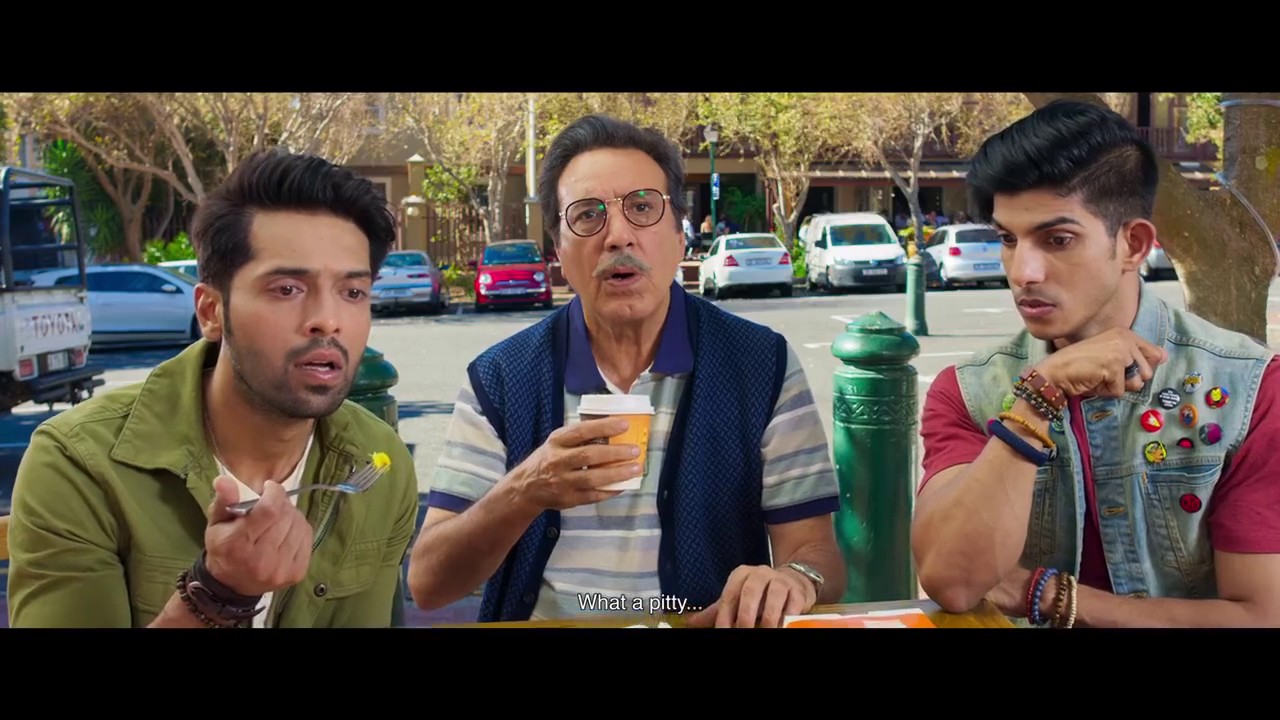 PHOTO: DAUD MALIK
PHOTO: DAUD MALIKET: Your debut song, ‘Bay Parwah Dhola’, was a huge hit. How did you conceive the song?
MH: I did not conceive Bay Parwah Dhola. The song was written and composed by my maternal uncle, Riaz Anjum Sahib. I just fell in love with the song when I heard it and decided to make it my own. It continues to be one of my favourite songs.
ET: Nabeel Qureshi gave you your first big break in cinema with a lead role in ‘NMA’. Why do you think he selected you for the role of Moon?
MH: Nabeel and I had worked together before. He had seen me act and liked my work. He also liked the fact that I took my work very seriously. He used to say that I had the makings of a good actor but needed the right role in the right film. Moon ended up being that role.
I believe that he selected me for the role because of my acting talent and my work ethic and, contrary to what some people think, not because of our friendship. He is a thorough professional and would never cast an actor for the wrong reasons.
ET: ‘NMA’ starred Javed Sheikh and Fahad Mustafa. Were you concerned that the two superstars would dwarf your role in the film?
MH: Not at all. They are the best co-stars I could have wished for. They were kind, fair and generous and gave me the encouragement that I needed to perform well in the film.
ET: Have you considered a career a Bollywood?
MH: Yes, I have. I would love to work in Bollywood. My goal is to secure good roles in good films. They can be Indian, Bangladeshi, Iranian, European or American. The national origin of the films does not matter to me; their quality does.
ET: You criticised Imran Abbas Naqvi’s Bollywood film, 'Creature 3D' and said that he had chosen a lame film to make his debut in Bollywood. What was wrong with the film?
MH: I never criticised him for Creature 3D. It was a rumour spread by some people to create a controversy. I have no reason to criticise Imran Abbas, or anyone else, for that matter. As far as Creature 3D is concerned, I have not seen it and do not know if it is good or bad.
Mohsin Abbas Haider's one-month-old daughter passes away
ET: There is also the story about you making fun of Hamza Ali Abbasi’s body?
MH: Yes, this was another fake story by people who seem to have a lot of time on their hands and nothing better to do. I had been asked about my abs in an interview on BBC and responded by saying that it was important for Pakistani actors to have well developed bodies that could be shown on screen without having to keep them out-of-focus.
I had not seen Jawani Phir Nahi Ani at the time – I still have not – and did not know that a bare-chested Hamza Ali Abbasi had been shown out-of-focus in the film. People assumed that I was taking a dig at Hamza and started the controversy. It is sad that people create such stories but there is really nothing that I can do to stop them. I just keep my blinders on and stay focused on my own career.
ET: How long did it take you to move from anonymity to superstardom?
MH: Too long. I moved to Karachi to pursue a career in showbiz when I was just 19. Let me tell you that it was not easy. People put me down. They played dirty politics. A few tried to abuse me emotionally and financially. Some tried to take advantage of what they thought was my naivety.
Then there were those who tried to shatter my confidence. There was no shortage of people who told me that I did not have the skills and wherewithal to make it in the world of show business.
A lot of people think that I rose to stardom very quickly in the last three years but they are wrong. The last three very successful years were prepared by a decade of struggle, perseverance and hard work. I was not handed success on a platter.
Have something to add to the story? Share it in the comments below.


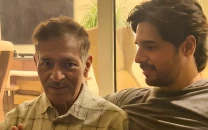

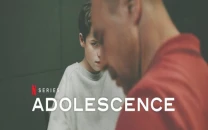
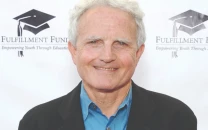
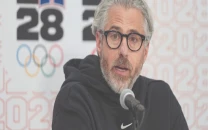












COMMENTS
Comments are moderated and generally will be posted if they are on-topic and not abusive.
For more information, please see our Comments FAQ